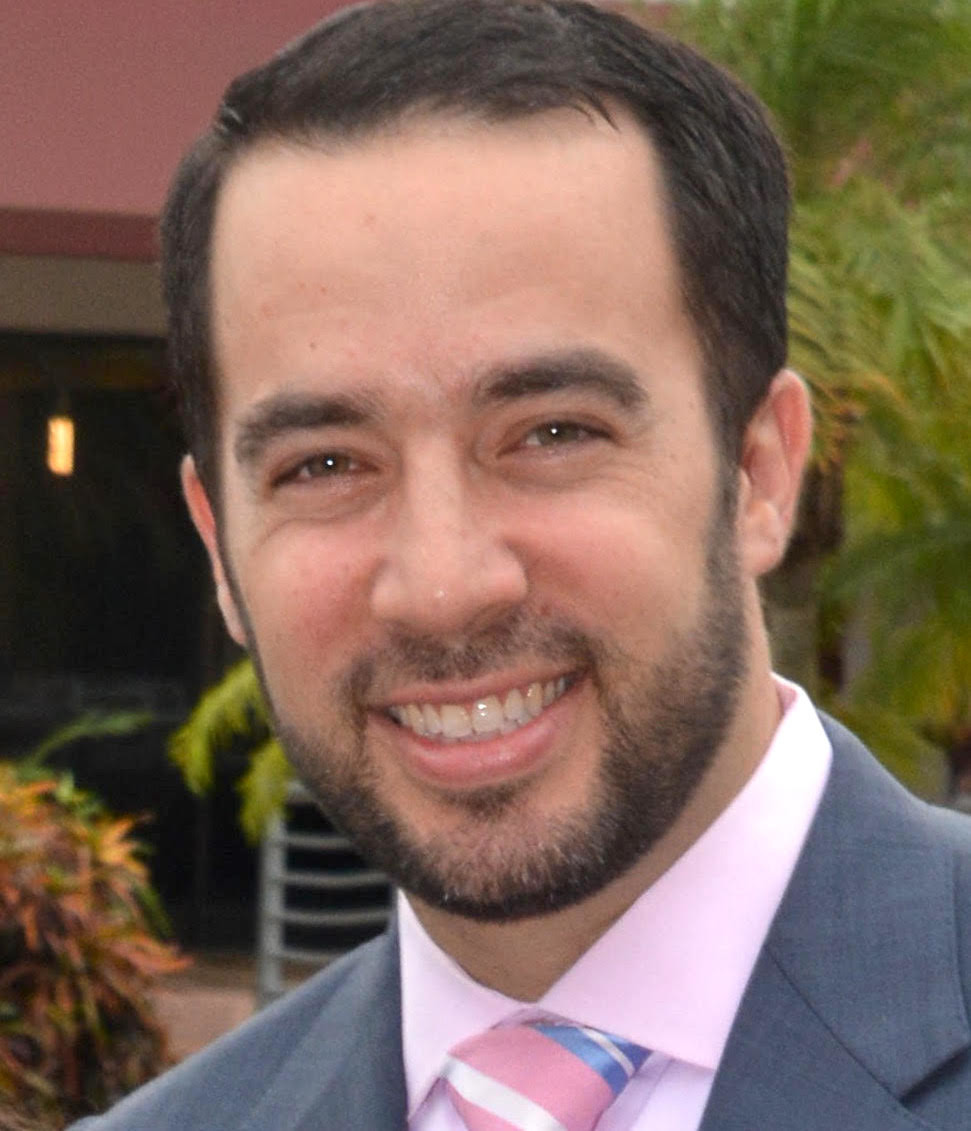Even in Egypt, a Jew’s good deeds are resented
A Jew who reads the Torah as a historical account of the beginnings of our people may easily swell with pride and yiddishe nachas over the way Yosef gains control of the entire Egyptian financial industry in the last verses of the parsha (47:13-26). His acquisitions were for the Egyptian king, but one wonders what the Egyptians felt about the entire episode — especially knowing Yosef’s pedigree.
Rashi argues that these verses are in fact a prequel to what has taken place, and they tell the tale of the first few years of the famine before Yosef’s family’s arrival in Egypt. This is certainly plausible. The Torah sometimes finishes a story, and then switches to a different time and place, jumping back or forth a few years in time. After the sale of Yosef, for example, the Torah tells us of Yehuda’s marriage and the birth of his two older sons.
One who does the math and necessary research sees that Yehuda’s two sons Er and Onan were born before Yosef was sold.
The only problem is that the jumps in time and place only work when the narrative takes place in different locales. Here we see how Yosef provides for his family, and then we see how the people of Egypt, who must have known of the necessity to store food for the famine years, are desperate. One can argue that their stored food went suspiciously rotten quickly. But is it not possible that as Yosef was sustaining his family, the Egyptians (like Yaakov’s family before them) were now running out of their own stored grain?
If this is true, then the Egyptians who are giving Yosef all their wealth, certainly know he is a descendant of Avraham, one of the 12 tribes of the nation Yaakov has begun.
As nice as they were (or seemed to be) to Yosef and his family, there is a strong indication that the Egyptians had an underhanded hatred for their Hebrew neighbors.
Consider: In 43:32 the Egyptians could not sit and eat with Yosef’s brothers (before he revealed his fraternal relationship) because it was an abomination to them to eat with Hebrews.
In 45:15, when the Egyptians eavesdrop on Yosef’s revealing himself to his brothers, most of the commentators say what “was good in the eyes of Paroh and in the eyes of his servants” was not that his brothers had arrived, but that the viceroy ruling over them was not a born slave, but actually came from a prestigious family.
And yet…
The Shakh looks at the next verses, at Paroh’s instructions to Yosef to bring his family down “to take care of them” as nothing short of hostile orders.
“As soon as he discovered Yosef was of the Abrahamic family, who had been appointed by G-d to rule the world, this evil [Paroh] wished to be spiteful to Yaakov and ordered them to bring him to Egypt. Yaakov is a Semite, and Paroh is from the children of Ham (Noach’s other son), who was cursed to be a slave to Shem. Once he comes to Egypt, however, he will be under Paroh’s rule.
“He sent wagons [agalot] which had been outfitted with idols. The zodiac of Egypt is a lamb, and that of Canaan is a calf [egel]. Paroh wanted to use agalot/eglot for his own benefit, to bring about the downfall of Yaakov. This is why Yosef had to send his own wagons — [agalot] — to counter those that Paroh had sent ‘Cursed are the evil ones, whose ‘good deeds’ are not ‘sincere’.”
Which brings us back to chapter 47. Did they know Yosef was a Hebrew when they gave him all their money, cattle and land in exchange for food? Did they know that despite his position of power he was a true outsider, a person whose lineage as a Hebrew made it an abomination for them to sit down at the table with him?
Whether it be the world’s response to self-defense in Gaza, or the world’s response to a Jew running a ponzi scheme, all Jews bear the brunt of attacks, verbal and physical. In the former case, the Jews are right, and in the latter case, the individual Jew is wrong, but the world may not be able to differentiate between an individual and the people.
Which leaves it up to us. We must be our own best advocates. And we need to support Jews who are in the right, and we need to scream and disown the actions of those who are wrong. We can hope and pray that the world judges us as we ought to judge ourselves. But in the end, the only friends we can truly rely on are ourselves.
We do not need to kowtow to the world’s expectation of how we ought to behave. But we need to make sure our members are well informed of how the Torah wants us to behave.
Torah is “our life and it lengthens our days.” It is G-d’s word, telling us how to live in His world. May we continue to study it, so we can represent ourselves, and G-d, in the way we are meant to.
Originally published in 2008.







